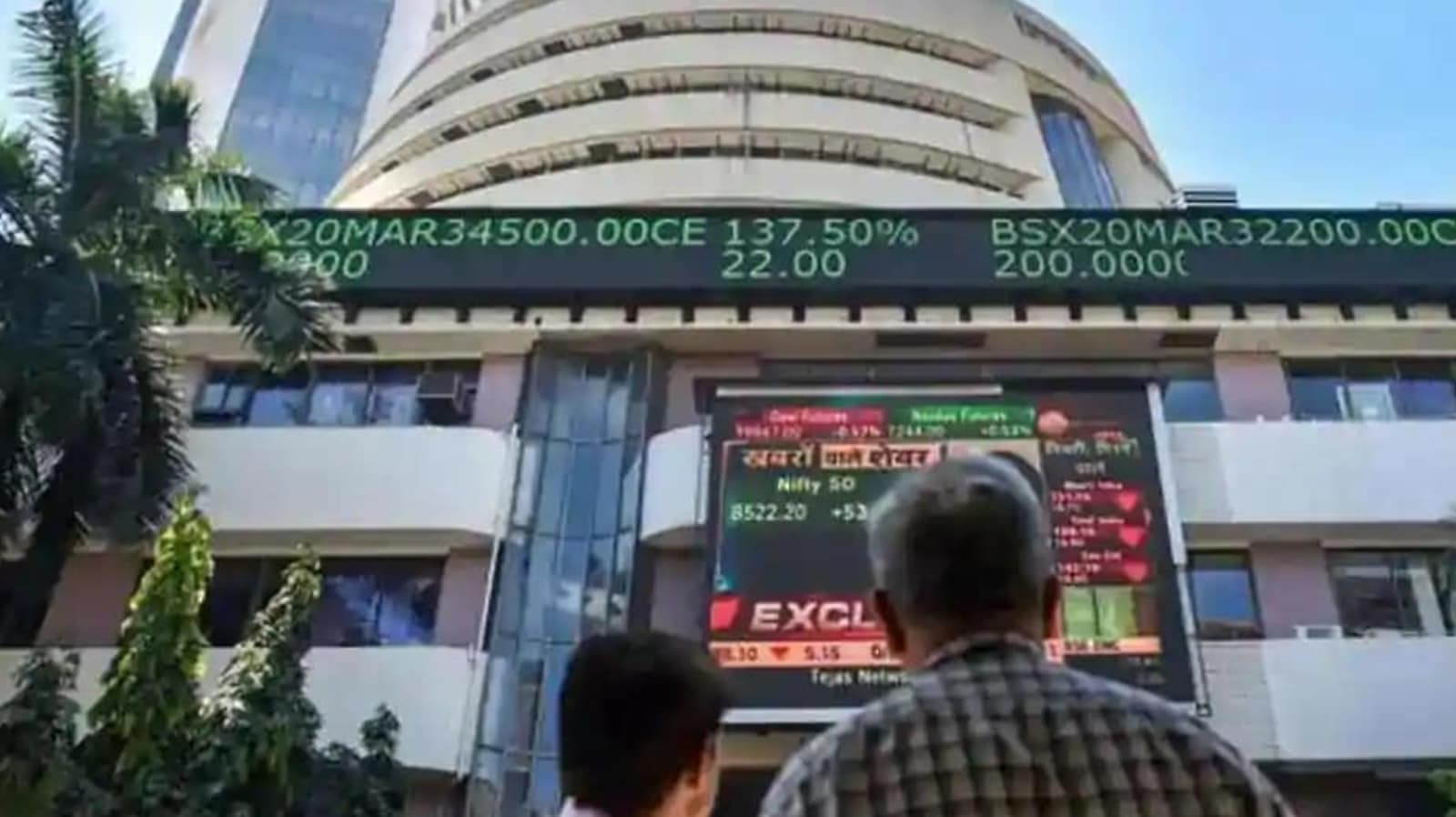The Central Bank revealed plans to conduct a tender for cash bills on April 1st, 2024, in a move designed to guarantee adequate liquidity within the financial system. This action comes in anticipation of potentially heightened demand for physical currency, particularly during the upcoming holiday season.
The tender will allow authorized institutions, such as banks, to submit bids for their preferred amount of cash on the designated date. The Central Bank will announce further details regarding the tender procedure in the coming days.
Financial experts generally agree that cash tenders are a successful tool for central banks to regulate the money supply within an economy. By meticulously managing the volume of physical currency in circulation, central banks can influence interest rates and inflation.
In instances where a central bank anticipates a surge in demand for cash, such as during holidays or times of economic uncertainty, they can conduct a tender to inject more money into the system. This helps to ensure that banks have enough physical currency on hand to meet customer needs and maintain smooth functioning in the financial sector.
Conversely, if a central bank identifies an excessive amount of cash circulating within the system, they might opt to conduct a reverse repurchase agreement. This is a financial instrument where the central bank essentially borrows cash from banks for a short period at a specified interest rate. By absorbing excess cash, the central bank can help to regulate inflation and stabilize interest rates.
The Central Bank's decision to conduct a cash tender in April underscores their commitment to maintaining financial stability. By proactively addressing potential fluctuations in cash demand, the bank aims to foster a healthy and efficient financial environment that supports continued economic growth.
The precise details of the tender, including the denominations of bills offered and the total amount of cash available, will be unveiled by the Central Bank soon. Banks and other eligible institutions are recommended to closely monitor the upcoming announcements to prepare for the tender process.

